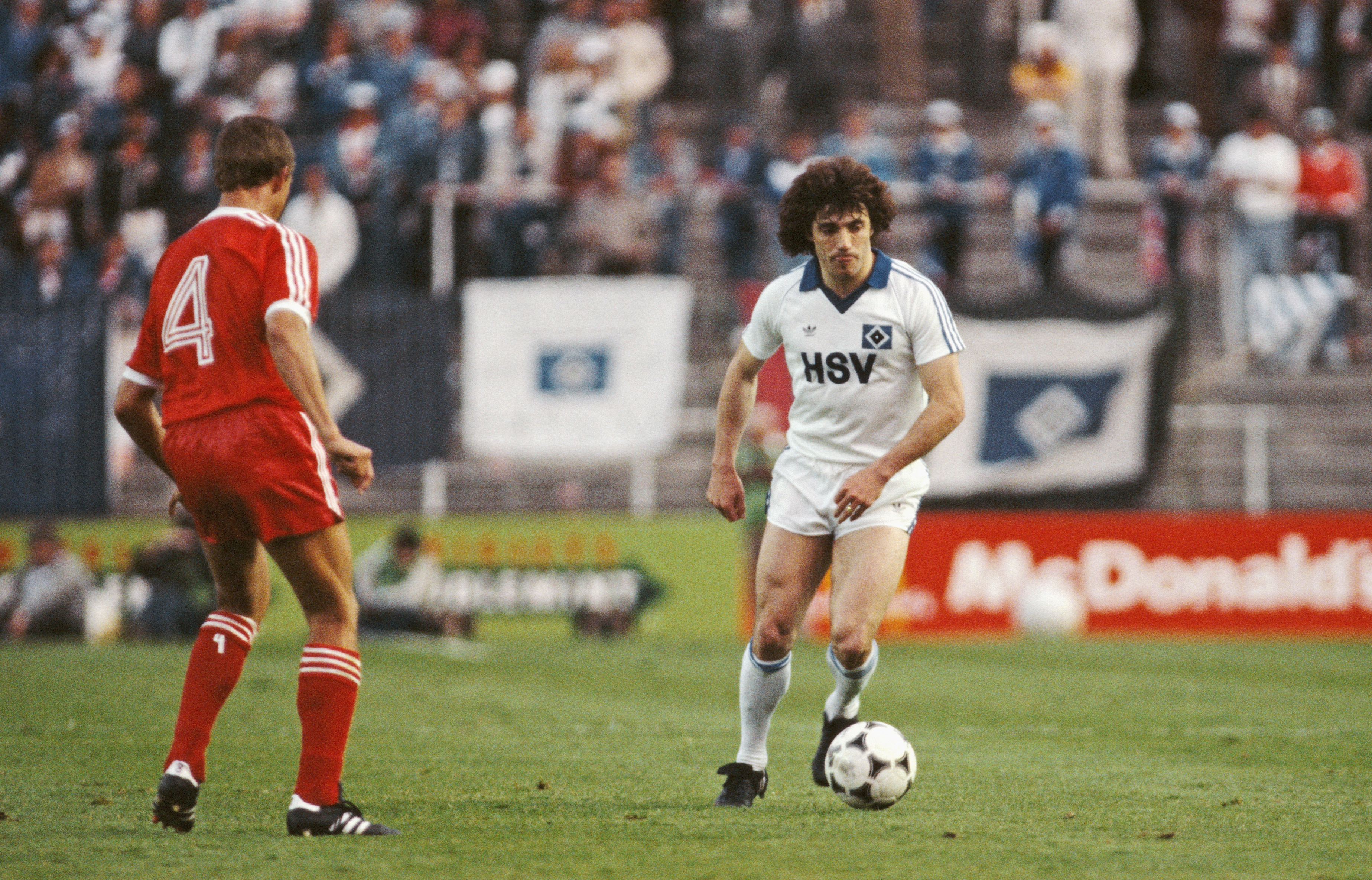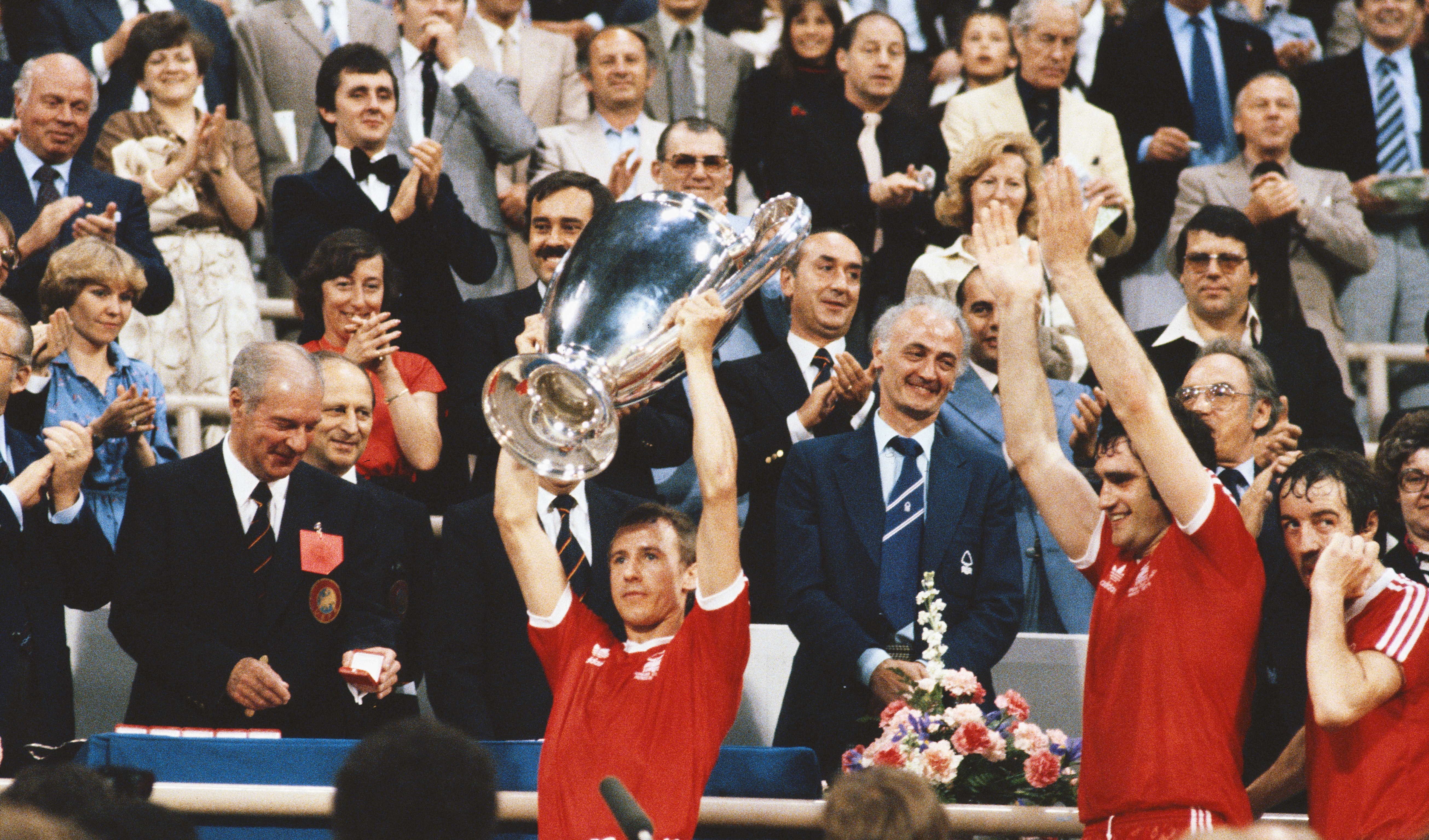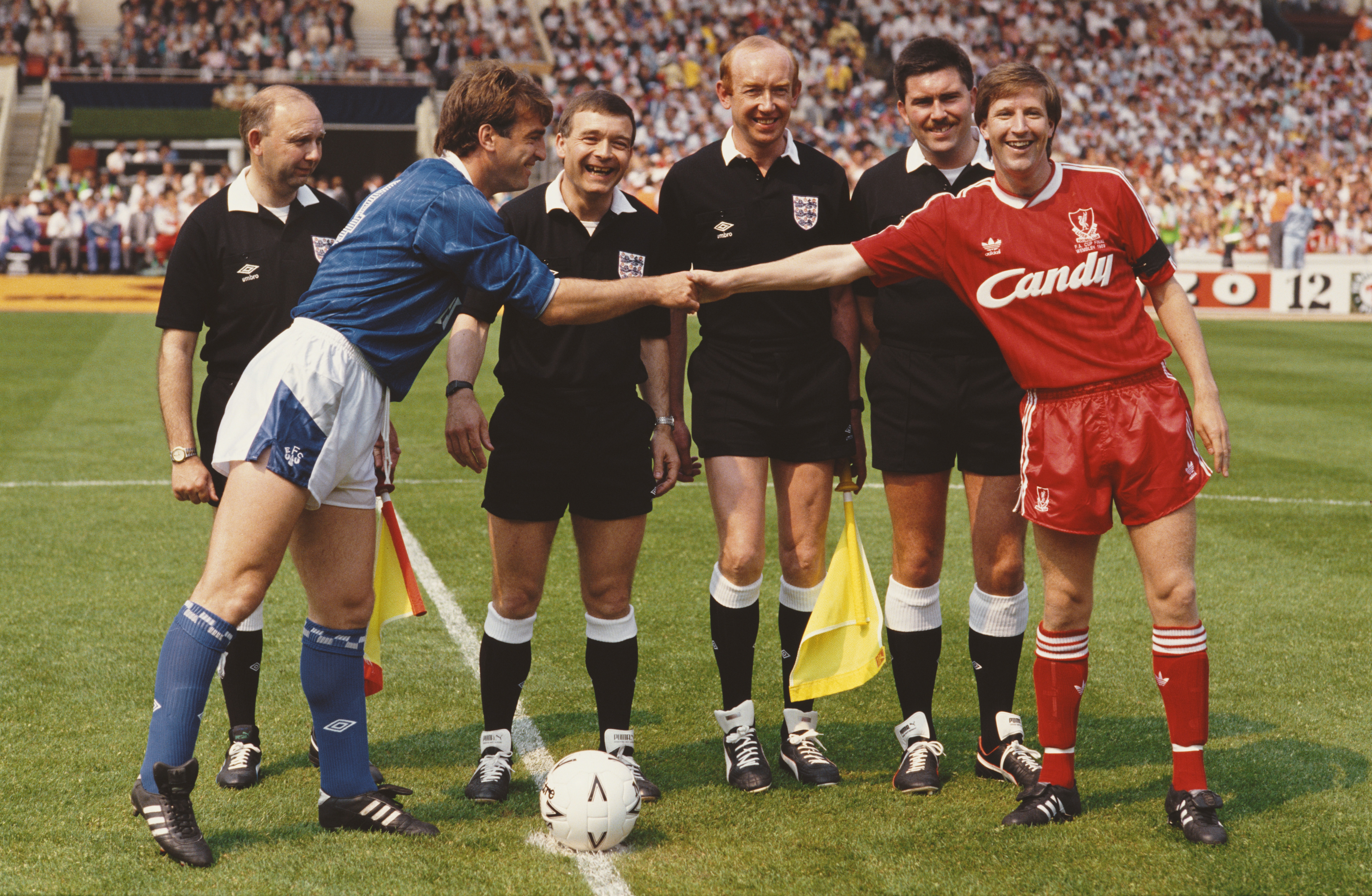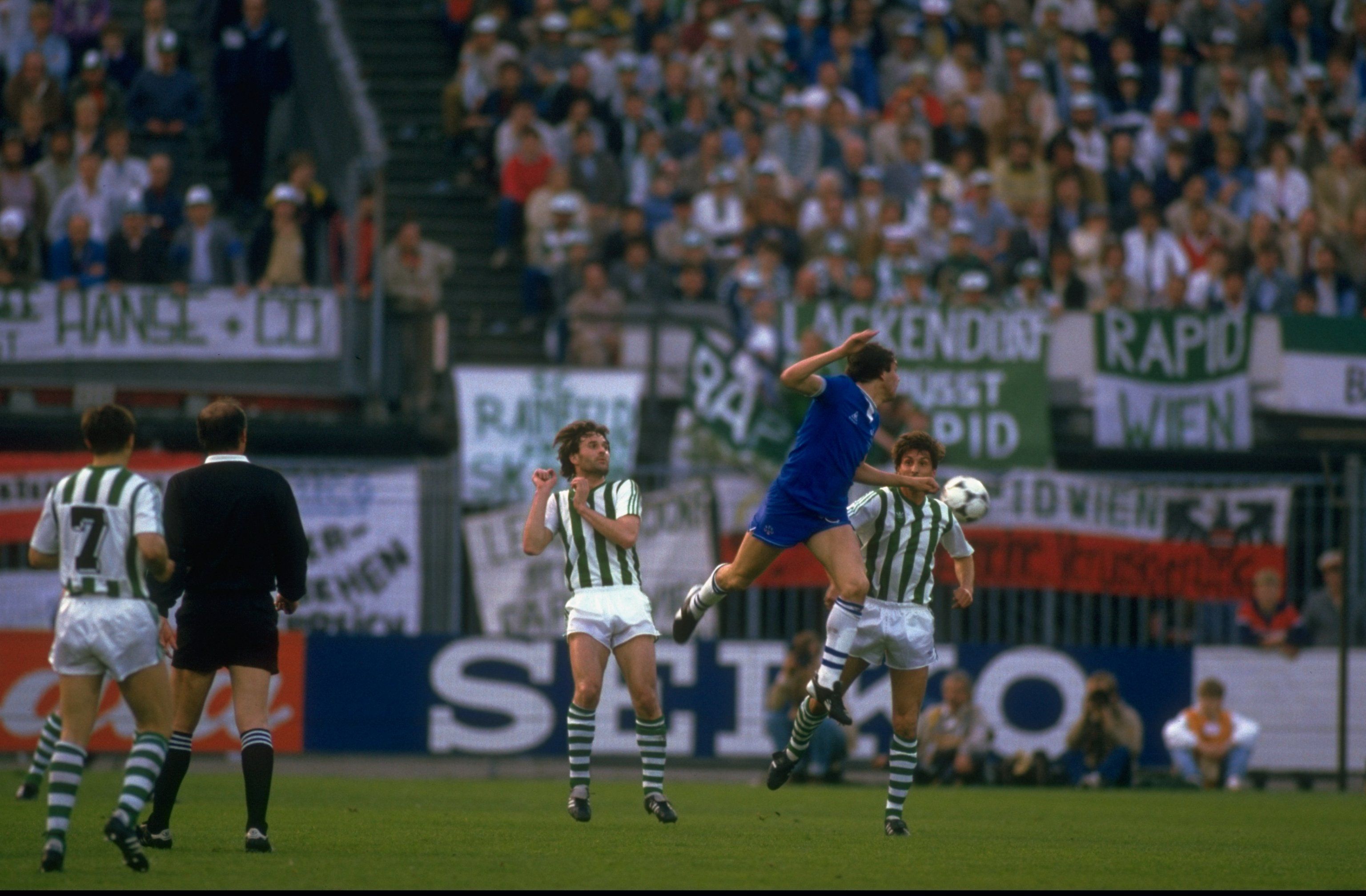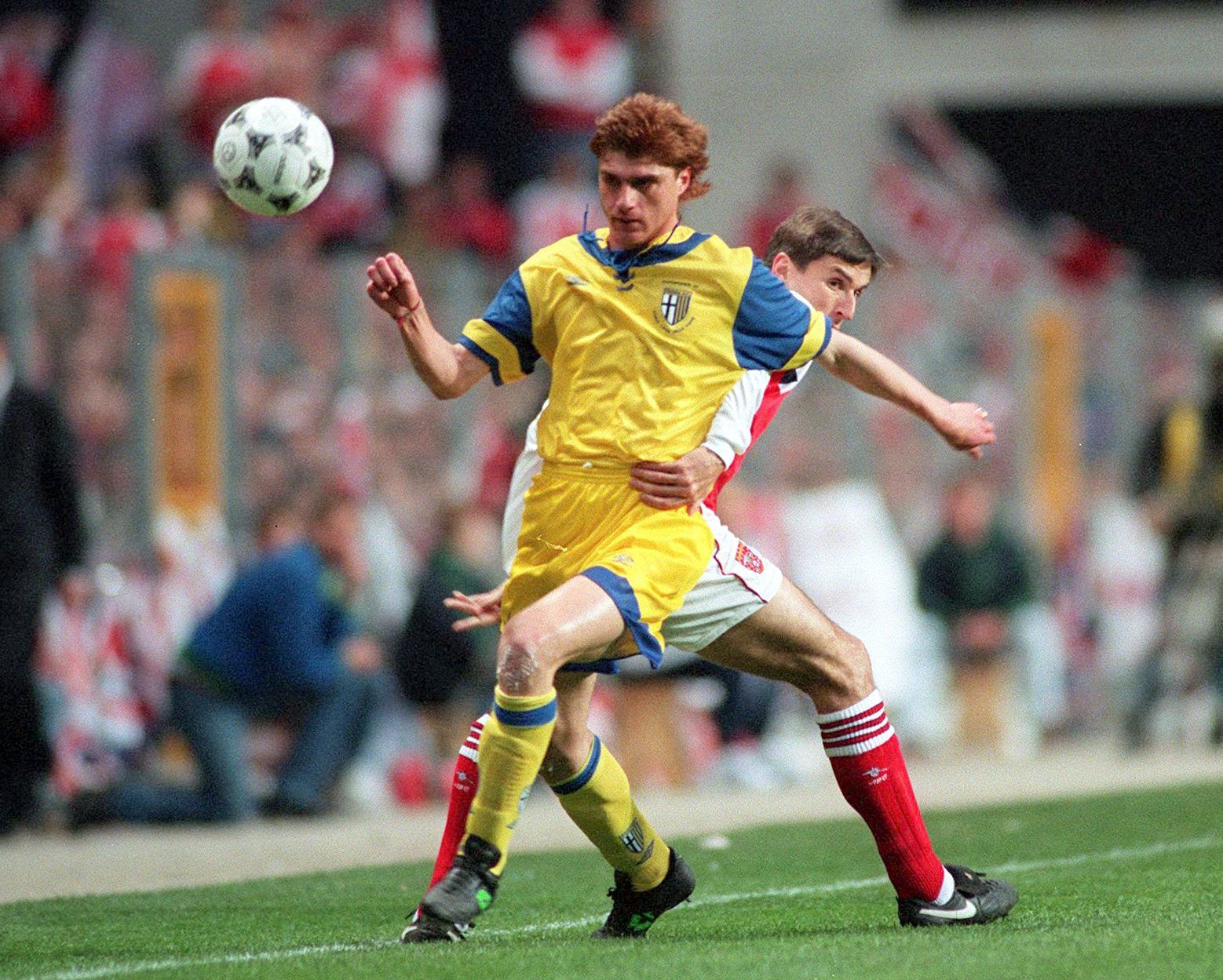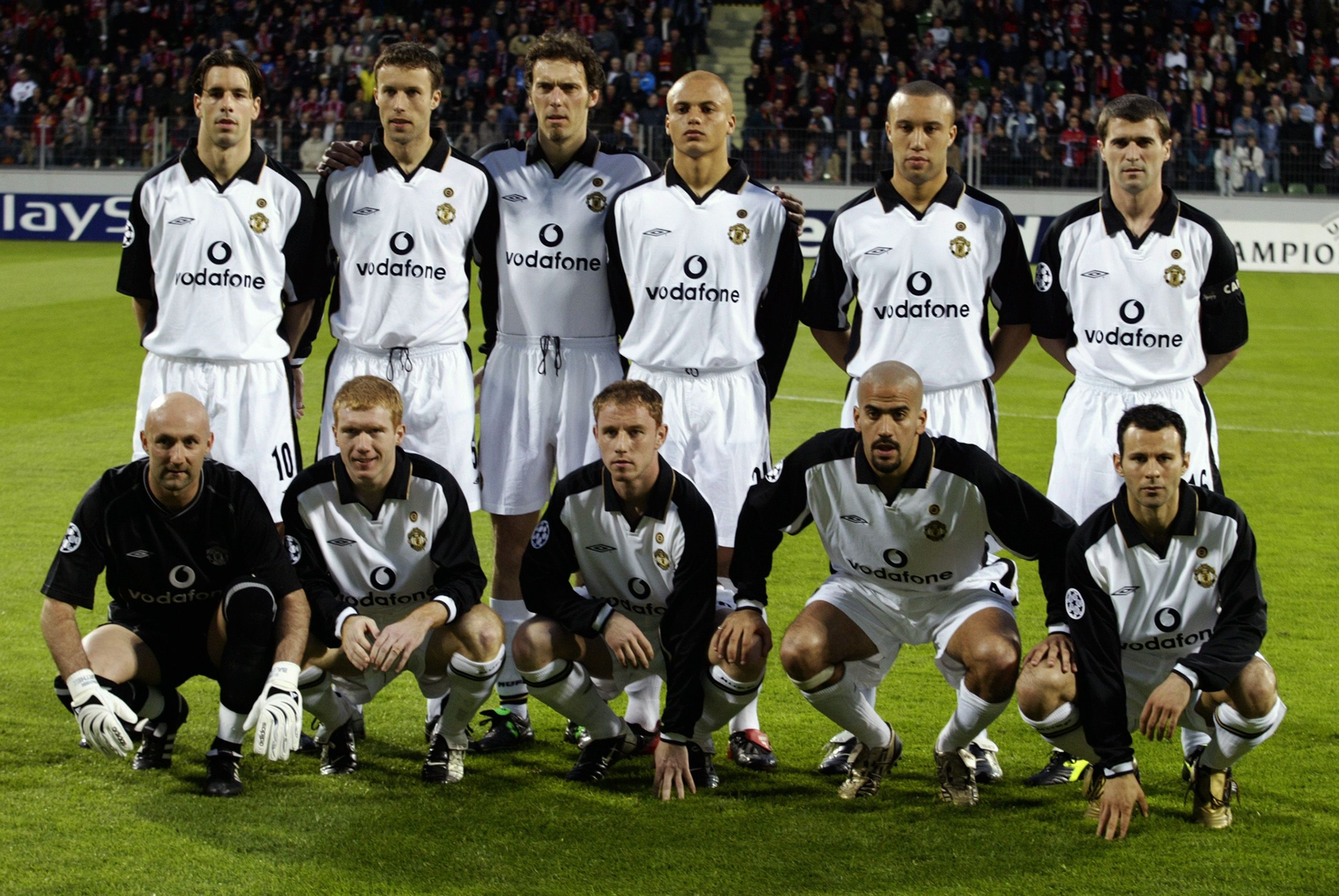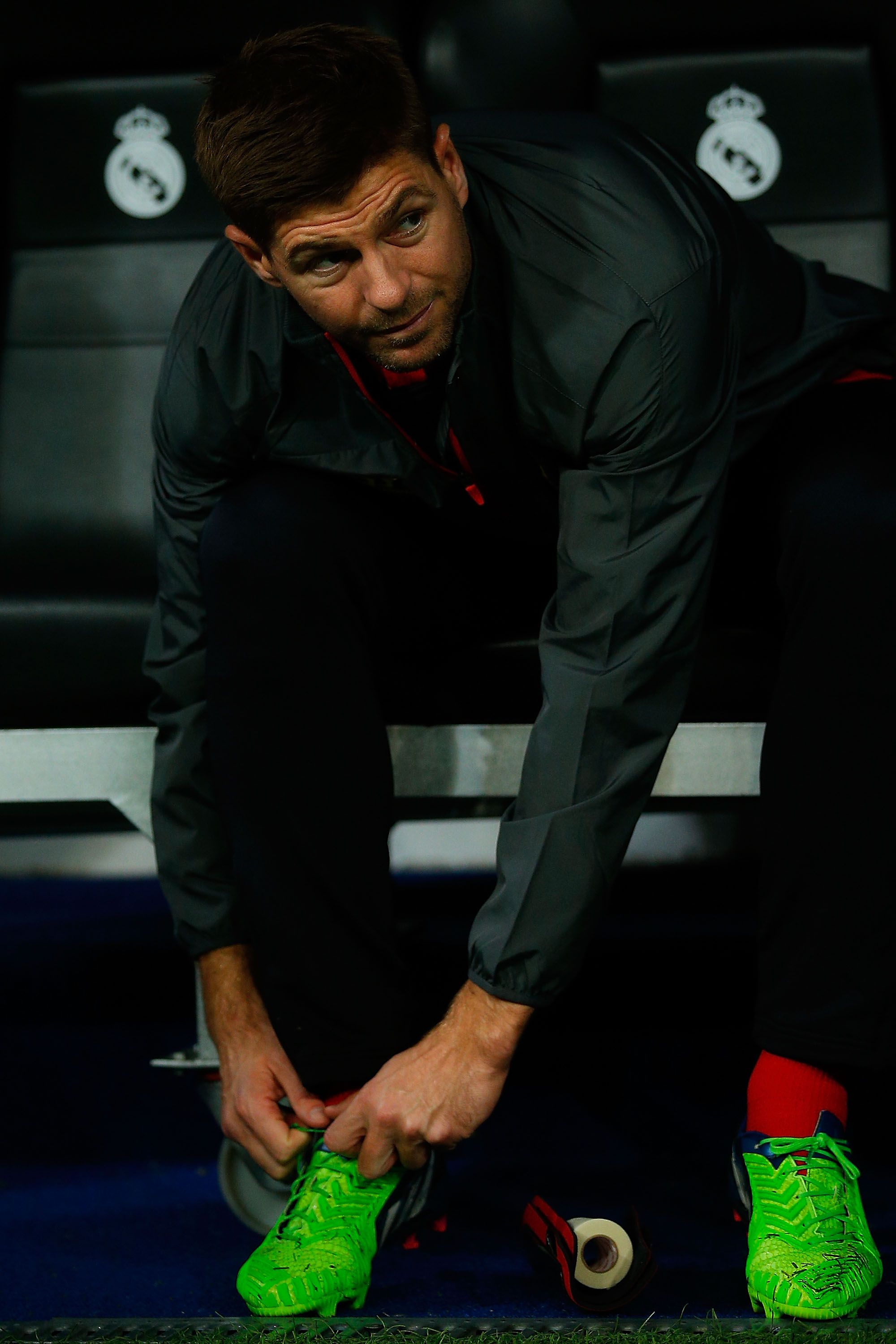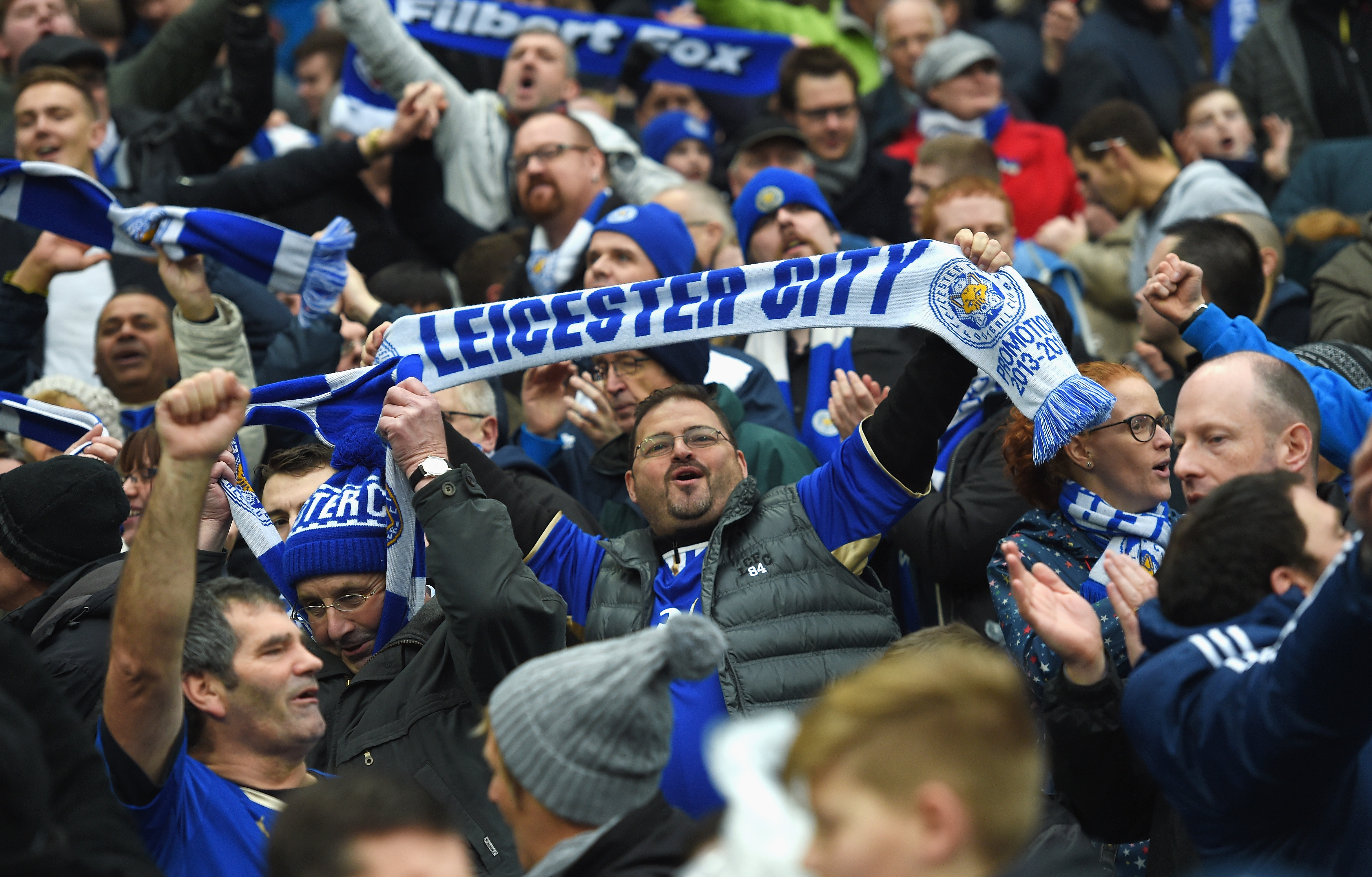In 1990, the exile ended. “English football has stepped back into the sunshine,” Bert Millichip, the then chairman of the FA said. ”We’ve been in a dark tunnel for a long time and at times we couldn’t see the light at the end of it.”
For five years, England had been banned from Europe following the Heysel disaster. In those years, England retreated into itself. If there were those who pined for Europe, they soon came to forget about it as English football engaged in a culture war. Clubs like Everton and Liverpool, who would have hoped to be testing themselves against Milan and Marseille, instead had to deal with a different style of football. In 1988, Wimbledon won the FA Cup and the battle seemed lost.
These clubs had been banned in their prime. Between 1977 and 1984, English clubs won the European Cup seven times. Only Hamburg in 1983 broke the sequence when they beat Juventus in the final.
In 1985, Liverpool lost the European Cup final to Juventus, but the game was an afterthought, played to avoid further trouble after the deaths of 39 Juventus supporters. Liverpool immediately withdrew from the following season’s Uefa Cup. Britain’s prime minister Margaret Thatcher asked the FA to withdraw from European competition. The FA then announced that no English club would take part in Uefa competition. Uefa subsequently enforced an indefinite ban.
Colin Harvey first realised the extent of the consequences in pre-season that summer. Everton, the champions of England, were banned from Europe, but that summer the prohibition went further than that.
“We had to go to Canada for ten days for pre-season as we weren’t allowed play in Europe,” Harvey, who was the late Howard Kendall’s assistant at that stage before later becoming manager, recalls.
Soon there were other difficulties. To compensate for the absence of European games, the Football League had devised the Super Cup for the six clubs who would have played in Europe. As compensation, it was less than adequate.
“Heading to Carrow Road to play Norwich in front of a couple of thousand people when they should have been playing Bayern Munich didn’t help,” Harvey says.
Martin Edwards, Manchester United’s chairman, wrote in the programme notes from his club’s opening game in the competition against Everton that he hoped the tournament would last for only one year. Then, it was hoped, the ban would be lifted.
Instead the ban remained and the Super Cup competition took place over two seasons as the two-legged final wasn’t played until the start of the following season. Despite featuring Everton and Liverpool, neither leg of the final attracted more than 26,000 people, although it was known as the Screen Sport Super Cup by then, as they had attracted a sponsor for the final.
It didn’t increase the attractiveness. European football was what these clubs wanted and for those who were excluded, it was a source of frustration. “You’d watch these big games on television and wonder how you’d do,” Ronnie Whelan says.
Whelan’s last European game for Liverpool was at Heysel. By the time Liverpool returned a year after other English clubs in 1991, he was past his prime. And so was the club.
He missed out through injury in their uninspiring European campaigns under Graeme Souness and could only reflect on what might have been.
In that prime, he would turn on the television on a Wednesday night, watch highlights of the great Milan side of Baresi, Van Basten and Gullit, and wonder how the Liverpool team of Barnes, Beardsley and Aldridge would do against them.
“It was a frustration because you’d always be wondering, but then again there was nothing you could do about it.”
Others could do something about it, though. If a Super Cup tie in Norwich on an October evening seemed like the extent of the problems, soon it would get worse.
In 1986, Manchester United were interested in signing Terry Butcher from Ipswich Town. But there was competition from another source. Glasgow Rangers under Graeme Souness were determined to be something and they felt the ban on English clubs gave them an advantage.
Butcher went to Glasgow while Everton lost Gary Stevens and Trevor Steven in 1988 and ’89. “They started cherry-picking players and there wasn’t much we could do about it,” Harvey says.
What many felt was the best Everton side since the team Harvey himself had starred in broke up without competing in the European Cup.
When the clubs did return, there was immediate success, but it may have made people think it would be easier than it turned out. “Europe has been missing English teams. It has been like bread without butter,” Jozef Venglos, then Aston Villa manager, said.
Manchester United won the Cup Winners’ Cup in 1991 but then there was a period of readjustment. In 1995, England’s manager Terry Venables brought the teams who had qualified for Europe together to plot a chart. At the end of the season, Venables reflected that there had been disappointments.
“It was certainly disappointing to see Leeds play in a very attacking, gung-ho way against PSV Eindhoven and lose. There is no doubt that playing as we do in the Premiership will get us nowhere,” he said.
Conventional wisdom said patience was required. Arsenal won the Cup Winners’ Cup in 1994 with a run that embraced the virtues of relentless, grinding patience that was George Graham’s way wherever the game happened to be played. Chelsea won the same competition four years later having imported experience and nous.
In 1999, Manchester United defied this conventional wisdom in their triumph in Barcelona. The treble was the defining achievement of Alex Ferguson’s reign at Old Trafford, but if it seemed to be the signal that United would now dominate as Liverpool had in the 1970s and 1980s, it didn’t immediately happen.
United went close, but failed again and again, perhaps most notably in 2002 when they lost a semi-final against Bayer Leverkusen.
Ferguson was obsessed with reaching the final which would take place at Hampden Park, but after drawing the first leg 2-2 at Old Trafford, United could only draw again in Germany.
“One of our players was fucking shaking. He was afraid,” Keane wrote in his autobiography. “Played for his country, won championships, big star, fucking afraid of taking the big step up.”
United didn’t take the step up to another final until 2008, by which stage English clubs had achieved a prominence if not the dominance of the early era.
Again, it seemed to have been inspired by a tactical awareness brought to clubs by managers like Jose Mourinho and Rafa Benitez. This was the way they would compete for the biggest prize, but in the modern era clubs may feel there are other prizes or, at least, rewards.
Since Chelsea’s surprising victory in 2012, English clubs seem to be imposing a new type of exile in Europe. Chelsea are eight points clear at the top of the table. The absence of European football is seen as an advantage. Leicester City were said to be helped last season by the European demands being made on their opponents, notably Tottenham Hotspur.
The failures in Europe in recent years can be explained away as being down to the particular dysfunction of every underachieving club: Manchester United have struggled post-Ferguson; Manchester City have been in search of an identity; Tottenham lack experience; Arsenal have too much experience.
But the wealth of the Premier League has encouraged its own insularity. The determination to be part of the top four has clouded what reaching the top four is for. It had its high watermark in November 2014 when Brendan Rodgers made seven changes for Liverpool’s Champions League game against Real Madrid at the Bernabeu.
Rodgers insisted he hadn’t rested players ahead of an important league game against Chelsea. “I didn’t see this as a big showcase game where I had to play the so-called names,” he said. “It might have seemed a gamble but for me it wasn’t”. Liverpool lost 1-0.
When the game against Chelsea came, Rodgers made another seven changes, restoring the “so-called names” but Liverpool lost again. That season they exited the Champions League at the group stages and no English club made it beyond the last sixteen.
Last season, Manchester United took Liverpool’s spot and didn’t make it beyond the group stage. Arsenal and Chelsea went out in the last sixteen while Manchester City got as far as the semi-final while never really looking like they knew what they were doing there.
There are other reasons too.
The Champions League has become a meandering competition which lacks edge until the springtime. Of the 16 teams in the top two pots in last summer’s draw, fifteen made it through the group stages with only CSKA Moscow not emerging, a failing which Tottenham Hotspur couldn’t capitalise on.
City, Leicester and Arsenal may yet make an impact on this season’s competition and there is every chance that Pep Guardiola’s side in particular could alter recent trends.
Perhaps when the dominant team in this year’s Premier League returns to Europe next season, they will succeed thanks to the tactical cunning of Antonio Conte. If Manchester United make the top four, they will have expectations considering the money they continue to spend. But they may have to settle for the Europa League again.
Six clubs are fighting for the four Champions League places this season, but the success of Leicester has made top four seem more like a consolation than the prize it once was when the Premier League can be won by anyone.
Uefa will distribute €1.3 billion from this season’s Champions League, but with eight Premier League clubs including West Ham and Leicester City in the top twenty in the most recent Deloitte Football Money League, English clubs might conclude they can do without the aggravation in pursuit of that money. After all, they have more convenient revenue streams.
On Wednesday, Napoli will play Real Madrid at the Bernabeu. Sunderland, who lost 4-0 at home to Southampton on Saturday, earned more money than Napoli last season.
English football may no longer be in a tunnel as it was during the years of the Uefa ban, but it may be inhabiting a bubble. And sometimes it might be hard to tell the difference
.
Catch up with this week’s episode of 888sport Football Friday Live

